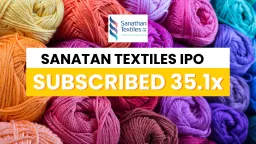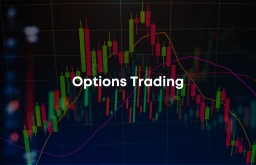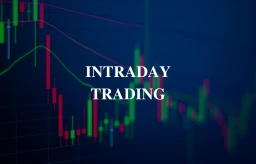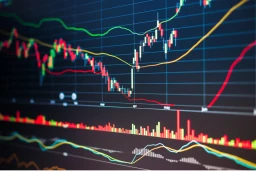Commodity Options Trading- Everything to Know About
Commodity trading has a rich history dating back to ancient civilizations, where the success of civilizations and empires often hinged on effective commodity trading. Globally, options trading in commodities holds prominence, notably on major exchanges like CME, NYMEX, and ICE, offering a diverse range of options from oil to precious metals. In the Indian market, commodity options, initiated with the launch of Gold options after a 13-year gestation period, have paved the way for new avenues in hedging and trading.
Distinct from Forex exchange or equities, commodity options trading requires a unique understanding due to significant differences in expiry periods. Investors, buyers, and speculators should grasp the nuances of this form of trading to enhance their profitability.
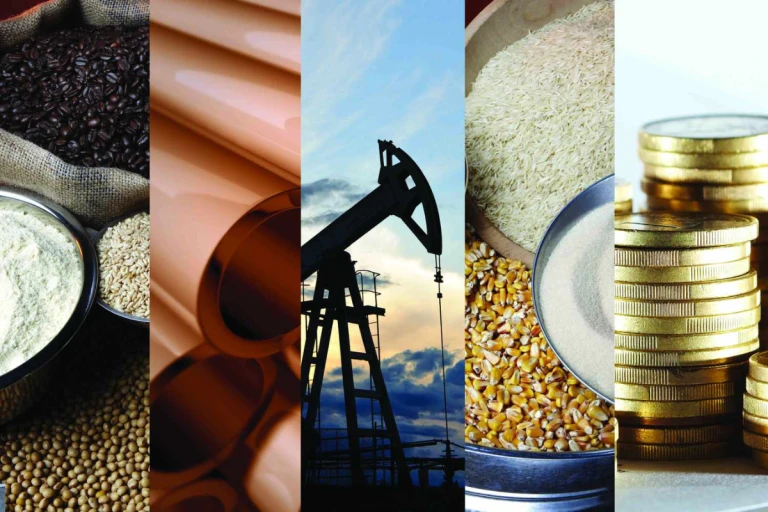
Commodity Options: Call and Put
In essence, commodity options boil down to two fundamental types:
a) Call Option: This grants an individual the right to purchase the primary commodity at a pre-established fixed price, known as the strike price, upon the contract's expiration. Choosing to exercise this right transforms the contract automatically into a futures contract.
b) Put Option: This empowers an individual to sell the primary commodity at a predetermined price when the contract reaches its expiration, which always falls on the last Thursday of the month.
In this dynamic market, there are two key players - buyers and sellers, `each experiencing opposing outcomes. For example, during a positive market shift, the option buyer reaps profits while the option seller incurs losses.
Types of Options in Commodity Markets
In the realm of commodity options, two principal types prevail: American and European style options. Their distinction lies in the timing of the right to buy or sell. American options allow this right to be exercised before the expiration date, while European options permit it only on the contract's expiration date.
Explore Commodity trading options on MintCFD - A trusted partner in CFD trading!
Mechanics of Options Trading
Options trading operates by mitigating the buyer's risk and offering substantial profit potential. The buyer can exercise the right to buy an underlying asset at the predetermined or strike price on the contract's expiration day, provided it is lower than the current market price. This limits the risk of financial loss for the buyer, compelling the seller to execute the trade according to predetermined terms if the buyer opts to purchase the asset at the strike price.
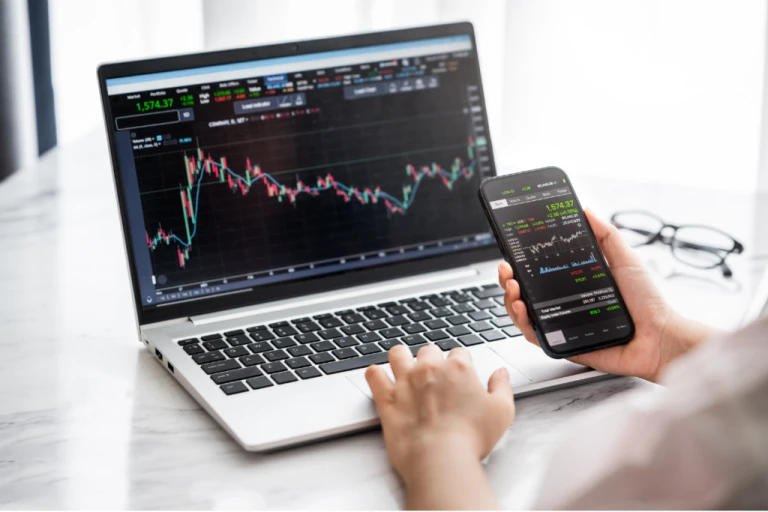
Choosing the Right Time for Commodity Options Trading
The optimal time to engage in commodity options trading depends heavily on the market situation and individual goals. Traders and commodity producers approach options with distinct perspectives - one seeks profit through market leverage, while the other aims to hedge price risks. Speculators navigate market moves, while hedgers focus on protecting margins and limiting price risk.
Pros of Commodity Option Trading
Here are some pros of commodity options trading:
Options in the commodity market offer flexibility, allowing option holders to fully participate in price movements.
Commodity options are cost-efficient compared to future contracts, providing higher returns with limited losses.
Option buyers are exempt from maintaining mark-to-market margin calls, as the premium is pre-paid.
Traders gain protection from price fluctuations in various commodities, viewing options as a form of price insurance.
Professionals consider options as price insurance in the volatile derivatives commodity market, allowing traders to hedge pricing risks.
During market fluctuations and distress, commodity options provide a secure and diverse portfolio, enabling substantial profits.
Stakes are comparatively lower in commodity options trading than in future contracts, allowing traders to take minimal positions in future contracts by buying put options.
Also read: How to Trade Futures and options in India?
Unique Aspects
Commodity options differ from equities as they are based on futures, not spot prices. While equities trade in spot prices, options in the commodity market, like Gold, are based on MCX Gold futures rather than spot prices. This distinction means that in commodity options trading, you are dealing with a derivative of a derivative.
Also read: What is Foreign Direct Investment (FDI)?
The Bottom Line
Mastering commodity options trading becomes straightforward with a solid understanding. Before diving in, thorough research on the intricacies of commodity options trading is essential. This guide serves as a resource to grasp the fundamentals, empowering you to navigate the world of commodity options and maximize profits.
Follow us on instagram.
